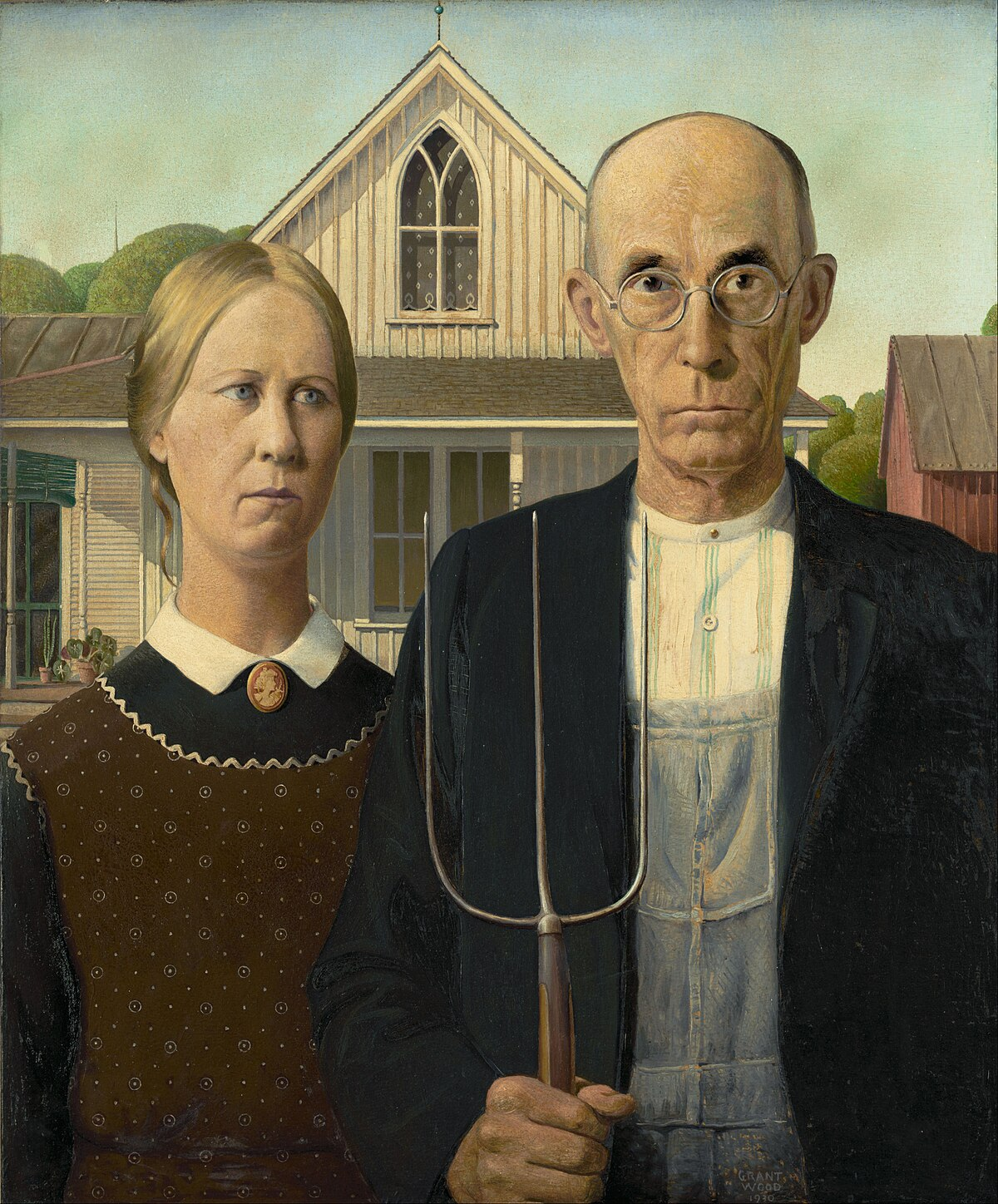Beloved: AO3 (literary)
1/4
There's no tags or description
Looks like no tags are added yet.
Name | Mastery | Learn | Test | Matching | Spaced |
|---|
No study sessions yet.
5 Terms
the American supernatural
more psychological - focuses on the lingering consequences of European settlement, slavery and the African American experience
a v dark and grotesque type of literature
the fear of slavery resonates throughout American literature: reverse colonialism where the subdued take revenge, haunting
the uncanny of the familiar repressed coming back in an unfamiliar way to haunt the repressor
‘Beloved’ presents the history of slavery embodied in one ghost of a single baby
Morrison seeks to create humanity - taking the incomprehensible and horrific and making it heartfelt and human (easier to connect with)
magical realism
the novel begins with the baby haunting (subverting expectations of historically based novels)
emphasises the horror of rememory + its impact and the traumatic cultural weight of slavery, its inescapabilty
supernatural metaphor of ghosts: discomforts the reader in reminding them of the atrocities of slavery
connections to African American folklore - oral tradition/stories that they were forced to forget about in order to move up in society
blurs supernatural and realism - reflects the black outlook in the world

anti-blackness and the American Gothic
in the American Gothic: wilderness, isolated rural settings (rather than a castle/monastery/abbey)
subtle horror: dependant on isolation and gender + racial oppression
Gothic is a dominant mode in America, partly due to the way the country is inherently formed on the basis of contradiction
e.g. how the Declaration of Independence insists on equality across men but the founding fathers owned men as objects/tools of labour
the US is a haunted nation
the supernatural (African American folklore)
Morrison was dipping back into African American folklore, areas often considered to be discredited.
often just because black people were discredited too
blending the realism of the atrocities of slavery and the supernatural ‘was enhancing not limiting’ (Morrison)
accepting the value of the supernatural as a way of recording lived experiences + dealing with trauma
the real history of facts/dates is no more real than the lived imaginary inside our heads
the haunting of the ghost is as if to wake people up to the memory they’ve come to terms with - that they have to deal with it and move on
Morrison’s idea of rememory (how thing’s that have happened leave a trace)
rememories are like a ghostly presence
